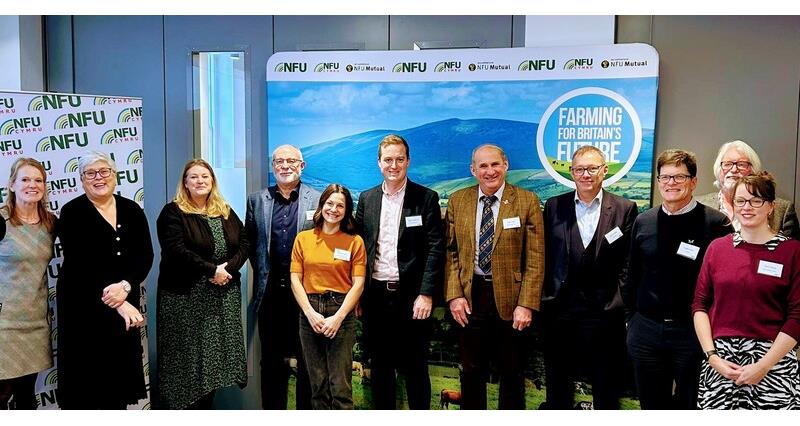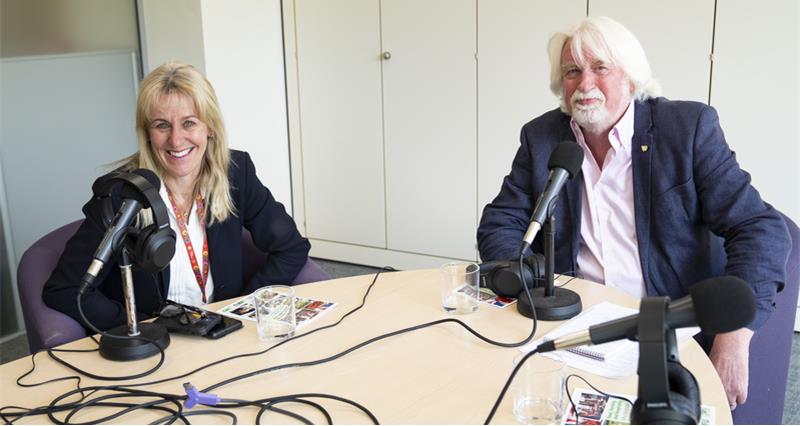In 2022 the hospitality market was worth £93 billion, this is around 50% of the UK food market and therefore offers great opportunity for farmers and growers.
The roundtable brought together a broad spectrum of hospitality food businesses and, this time, included foodservice wholesalers who are pivotal to the conversation on making more sustainable British food available to both large and small operators.
Sustainability takes the spotlight
UK Hospitality CEO Kate Nichols said that when the food supply chain works together, united, and from farm to fork, it provides real strength and a strong voice to government.
Sustainability was at the forefront of the conversation, but not for purely environmental factors but social and economic elements, both of which are critical for resilience in food supply chains of the future.
She explained, “The hospitality sector needs greater access to British food and also a resilient food supply. We don’t want to import more food than we need to because we lose that resilience, which is so important. It also impacts our carbon footprint, which is becoming increasingly significant”.
“We have one of the most prized food markets in the world and our job as British farmers and growers must be to tell the story about all the high quality and nutritious products we are producing.”
NFU President Minette Batters
Producers need to be given stability
Chief Commercial Officer of Reynolds Catering, Oliver Cock, spoke about how his business wanted to work with farmers and growers. He went on to explain about the importance of honouring supply contracts and giving producers stability in return for their consistency of supply.
The wholesalers play a pivotal role in supplying food and drink to the hospitality sector, acting as the lynchpin between producers and operators. The work businesses like Reynolds, Brakes, and Bidfood do in terms of communication, collaboration, and convening suppliers is vital in bringing British farmers and growers closer to the hospitality sector.
Peter Statham shared how 70% of their spend on food comes from UK sources and that they are actively working with chefs from their customer base to message the importance of seasonality and to arrange visits to farms to grow their understanding of the various production systems and the opportunities presented by British producers.
Peter highlighted that “there is a growing need for stability in the sector, particularly in Fresh produce through a fit for purpose SWS (Seasonal Worker Scheme)”.
We will continue to convene the sector to ensure we are enhancing relationships with hospitality stakeholders and exploring the opportunities of this valuable market.
Importance of hospitality sector engagement highlighted by NFU President
NFU President Minette Batters said: “The out of home market is hugely important and like many British farming businesses, it too has faced significant challenges over the past 18 months against a backdrop of a cost of living crisis and record levels of inflation.
“We have one of the most prized food markets in the world and our job as British farmers and growers must be to tell the story about all the high quality and nutritious products we are producing.
“Roundtable discussions like these are vital to support resilience in food and farming and we will continue to work closely with the hospitality sector and its strong sustainability agenda to build the farming story into their brands and to collaboratively seek further opportunities for them to serve up more locally produced food.
“We are stronger when we all work together, and we will continue to evolve this roundtable to engage with all parts of the UK’s diverse hospitality sector.”
What’s your experience?
If you would like to share any ways you have improved the way you work with hospitality operators and wholesalers or how we could work better to make the most of the out-of-home market, contact the NFU food business unit.
The next roundtable will be scheduled in the spring of 2024.


